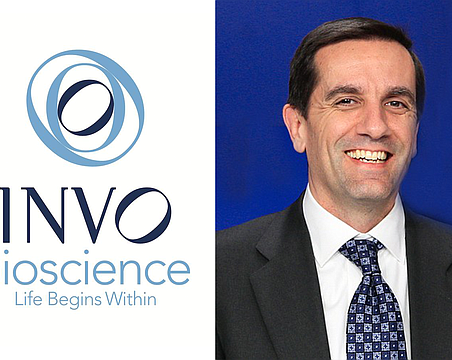Your business is the product of your imagination and sweat. As with all things in life, time marches forward and situations change. Eventually there may come a time when you wish to slow down and retire, or move to another city, or just start another business, and when you're negotiating the sale of your business, you should pay particular attention to the structure of the deal and the resultant tax consequences.
Generally, there are two ways to sell a corporation:
1. Sale of stock
2. Sale of assets
Generally, buyers want to buy assets and sellers want to sell stock. As a buyer, if assets are purchased, the amount paid for the business is allocated to the assets. This will enable the purchase price to be recovered through deductions against income. If stock is purchased, the buyer steps into the shoes of the seller as to asset costs as well as all the liabilities of the business, known and unknown. The amount paid for the stock becomes the buyer's cost and will reduce any gain on the ultimate sale of the stock.
As a seller, you want to sell stock because of tax reasons. Gain on the sale of stock is a capital gain and is subject to a reduced tax rate, whereas the sale of assets will generally produce ordinary income taxed at a higher tax rate.
To further complicate matters, the business type of operation makes a lot of difference to the tax cost of the transaction. If a business operates for tax purposes as an S corporation, there will only be a single layer of tax. An S corporation does not pay income tax but passes all income and expense to the owners. An asset sale through an S corporation will increase the tax paid by the seller through higher ordinary tax rates, but the increase in tax paid is usually not a deal breaker.
If a business is a C corporation, an asset sale will be subject to two layers of taxation; once at the corporate level and again at the individual level. The corporation will pay a corporate level tax on the gain for the sale of assets and then, when the remaining cash is distributed to the owner, a capital gains tax will be due at the individual level. What makes this situation worse is that there is no reduced capital gain rate for corporations, and any capital gains realized inside a C corporation will be taxed at ordinary tax rates.
If C corporation stock is sold, there is only one layer of taxation. The difference between the initial investment in the stock and the cash received is a capital gain to the owners of the corporation.
As a C corporation owner, the difference between a stock sale and an asset sale is huge and can be a deal breaker.
Here's an example of the tax consequences of a stock sale versus an asset sale for a C corporation:
A C corporation is sold for $5 million, and the owner has an initial stock investment of $1,000. The corporation has assets with un-depreciated costs of $1 million and inventory of $2 million. The top individual capital gains rate of 20% will be used for this example.
The sale of stock will produce a capital gain of $4,999,000 to the owner. Income tax of $999,800 will be due for a net $4,000,200 in cash to the owner.
With an asset sale, there will be a corporate level gain of $2,000,000 and corporate level federal income tax of $680,000. If the business liquidates and distributes the remaining $4,320,000 of cash to the owner, a capital gain of $4,319,000 will be realized and an additional $863,800 of individual income tax will be due. Total income tax on the transaction is $1,543,800 with net cash to the owner of $3,456,200.
With these facts, if you sell assets instead of stock, it will cost you an additional $544,000 of federal income tax.
To make matters worse, in Florida, there is a corporate level 5.5% income tax. So the corporate sale of assets will also be subject to state income tax of $110,000.
A C corporation can elect to be taxed as an S corporation if certain qualifications are met. The basic requirements to be an S corporation are:
Domestic corporation;
No more than 100 shareholders;
No nonresident aliens or corporations as shareholders;
One class of stock; and
Must be an individual or estate (certain exempt organizations and trusts qualify)
Also, any corporate gains that exist at the time of S corporation conversion will be triggered in the event of a taxable sale within a five-year period. After five years, the C corporation taint will vanish.
In conclusion, if you are planning to sell your business, taxes should take a prominent role in the planning and negotiation process. If you are currently operating as a C corporation and think the possibility of a sale is in the future, you may want to consider electing to be taxed as an S corporation.
By Pam Schuneman | Contributing Columnist
Pamela Schuneman, C.P.A., is a practicing tax accountant in Sarasota. She has 33 years of experience helping her clients navigate the vast federal tax system and has worked with businesses as varied as Fortune 500 companies to small sole-proprietors. Contact her at [email protected]





